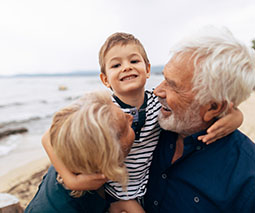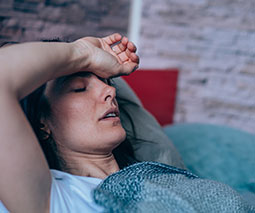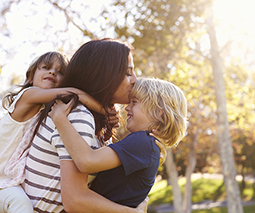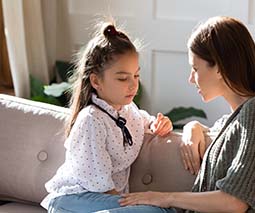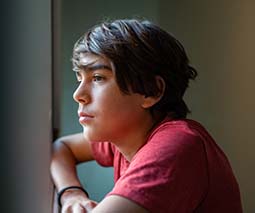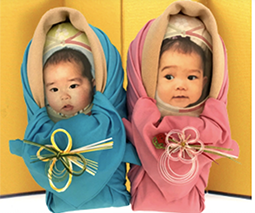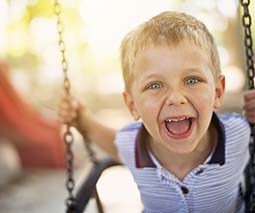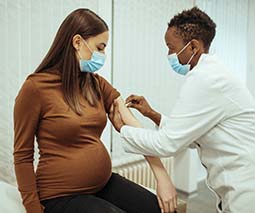How men’s hormones change when they become a dad
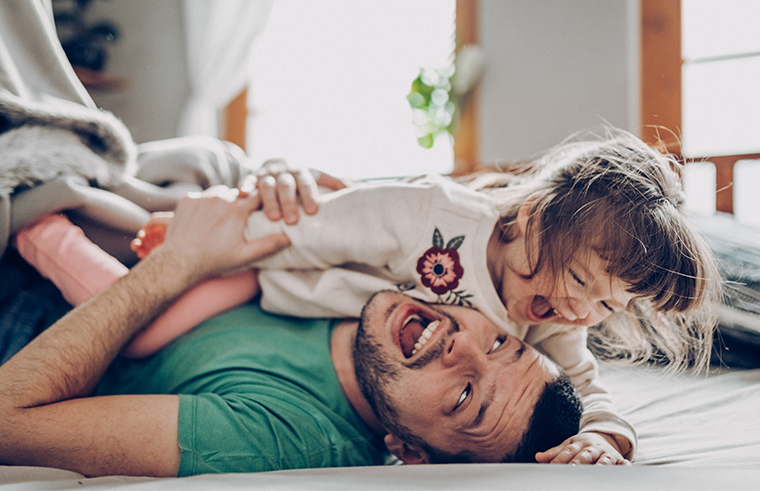
When I had my baby, everything changed. My body, my hormones, the way I looked at the world. I understood that a lot of this was biology. It was oxytocin and dopamine and a need to protect my young.
Now Anna Machin, an evolutionary anthropologist in the UK, wants people to understand that this kind of biological change happens for dads too.
And it’s not about getting a ‘dad bod’ or having an instant ability to make bad jokes.
Listen to Anna Machin on Feed Play Love:
Human fatherhood in the mammalian kingdom is unique
Anna says that only five percent of mammalian dads stick around once their babies are born, so human fathers are actually really invested in their young.
Because they are invested in their young they actually experience their own hormonal changes. For human dads, once the baby comes their testosterone levels drop, on average about 30-40 percent.
“Testosterone is great if you are a trying to find yourself a mate because it makes you really competitive with other males and it makes you more attractive to women. However, when it comes to sticking around and being an invested father it’s actually not helpful at all because it carries on trying to distract you to go and find another mate.”
This drop means a dad will shift from mating to parenting, and to focus more on their family. It makes him more sensitive and empathic to his baby’s needs.
Testosterone can also block the impact of dopamine and oxytocin in the brain, which are key bonding chemicals.
Anna says, “As an evolutionary anthropologist it’s not surprising that men have their own biological changes because evolution doesn’t leave things to chance. It’s tried as hard as it possibly can to prime that man by biological changes and psychological changes to make him as good a parent as he can be.”
An invested dad can mean many things
But what about the traditional tropes of mums being the nurturer and dads being the provider? What about strict Victorian fathers who were unloving and distant? Where do these stereotypes come from?
Anna says that being an invested parent can mean many things and providing food and shelter for your family can be part of the puzzle. But she also says that fatherhood is a cultural construct, that doesn’t necessarily align with a real biological drive.
“Fathering is very culturally bound whereas motherhood is quite biological. Culturally we say this is how you need to father, therefore they’re quite constrained by that. I would say it’s a little bit of a myth that these (Victorian) fathers were incredibly distant and unloving. They were loving but within the constraints of how the culture told them they should be.”
Don’t confuse biological drive with instinct
Anna says that while dads have a biological drive to invest in their families, this doesn’t mean that they will instinctively know what to do. In fact, Anna is anti-instinct for both mums and dads.
“Both parents have the same baseline instincts. Both parents have to learn what to do because bringing up a human baby is incredibly complicated. They have massive brains which makes them very complicated and very demanding to raise. It is not something that we are programmed to do.”
Dads need more time to bond with their babies because they don’t have the same opportunities as mums do. Anna recommends that to begin with, dads use baby massage to get the oxytocin and dopamine flowing for both him and his baby. Later, as the child grows, rough and tumble play will be hugely beneficial for their child.
“It’s an absolutely brilliant prompt for bonding chemicals. And it’s really good developmentally for the baby as well.”
Dads are here for a reason
The ads that portray dads as bumbling fools who can’t put on the washing machine or nappy? It’s time for them to go.
It’s time, Anna says, for dads to understand that they really are co-parents and are as important for their children as mums are.
Anna says, “Dads play a really key role. He’s evolved for a reason. He would not be there unless he had a role to play in the survival and success of that infant.”
